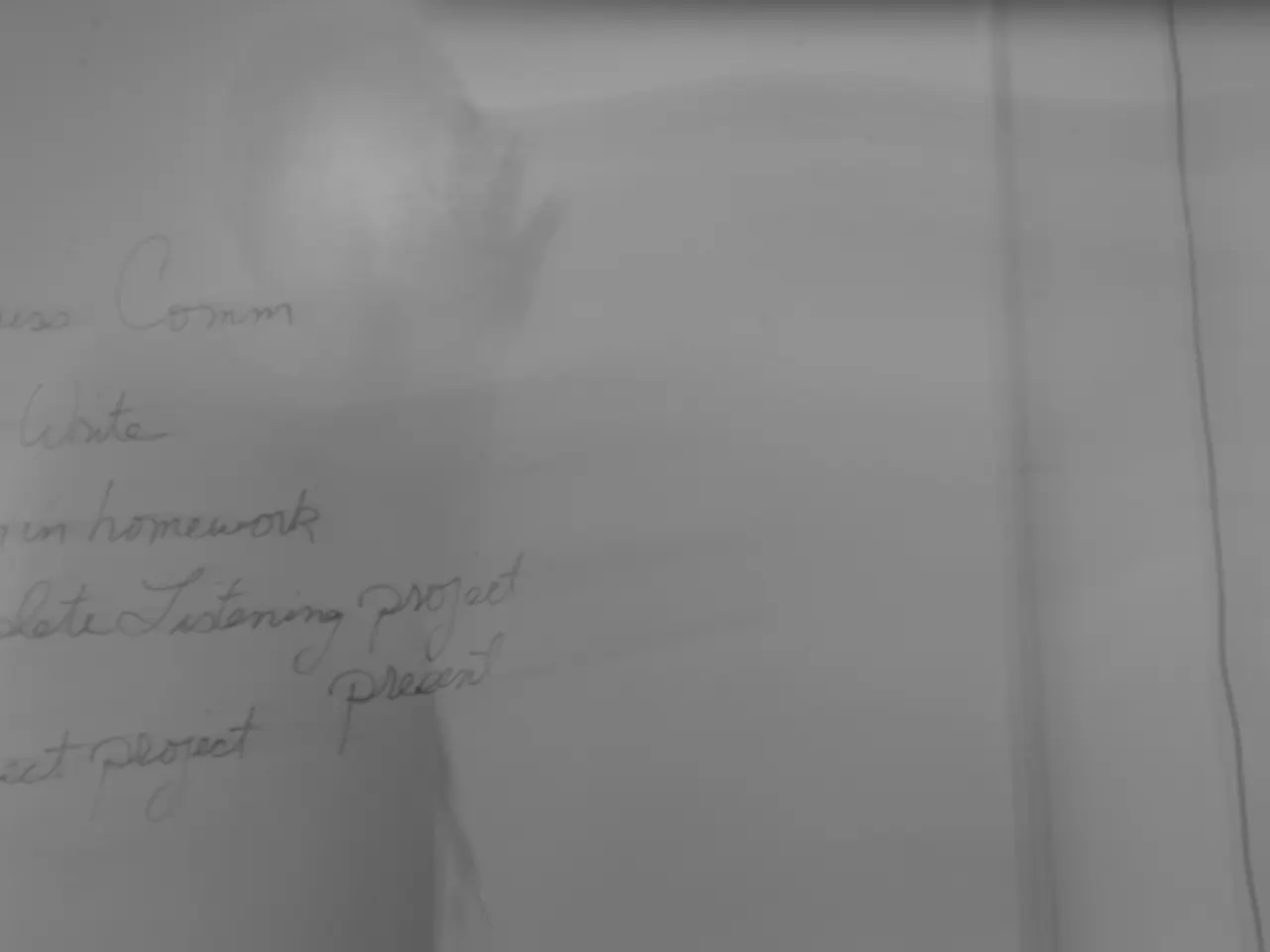Sizing Up European Opinion: More than 60% Back Independent Nuclear Shield
Majority of Europeans Back Atomic Safety Barrier: Poll Reveals Over Two-Thirds of Respondents in Support - Majority of European Citizens Support Atomic Energy Community
Over two-thirds of the German populace are in favor of establishing a standalone European nuclear defense. In a survey by Forsa market research for the magazine "International Politics," a whopping 64% of respondents agreed that Europeans should possess their own nuclear deterrent, independent of the U.S. Approximately 29% disagreed.
Before assuming office, German Chancellor Friedrich Merz (CDU) pledged to engage in discussions with the nuclear powers France and Britain concerning a European nuclear deterrent. The key objective for this distinct European defense force would be a reduction in dependence on the U.S. nuclear protection given the volatile foreign policies of U.S. President Donald Trump.
The survey was conducted between June 12 and 13, prior to the recent escalation of conflict between Israel and Iran, with potential U.S. military participation on Israel's side.
Consensus Across Sectors
The Forsa survey found broad support for an independent European nuclear shield across all demographics and voting blocs – a rare accord in matters of foreign policy. Variations do exist, however. East Germans exhibit less endorsement, with 52% in favor (40% against), compared to 66% support in West Germany (27% against). Of particular interest, support is below average among those aged under 45 years (58.5%), while those aged 45 years and above show above-average endorsement (67.5%).
The Greens' voters are most likely to endorse Berlin's pursuit of an independent nuclear deterrent in partnership with Paris and London, with 78% in favor, followed by CDU/CSU supporters at 71%. SPD voters also express above-average support (65%). Although majority support persists, it is less pronounced among AfD supporters (54%) and those of The Left party (52%).
Looking Beyond Germany
On a broader scale, a survey across 12 European countries indicates that plentiful support exists for raising national defense expenditures. However, there's a lingering skepticism about Europe achieving full independence from U.S. protection and intervention within the next decade. Only Denmark and Portugal exhibit majorities optimistic about achieving this independence soon, with France and Romania expressing some optimism. Conversely, Poland, Estonia, Spain, Italy, Hungary, and other Eastern European countries manifest doubt or pessimism about European Union autonomy in defense and security within the next five years.
Put simply, a significant proportion of Europeans favor defense enhancements; nonetheless, the prospect of a fully autonomous and nuclear-capable European shield or deterrent seems speculative.
Enrichment Data:Recent surveys flatly disclose strong favoritism among European citizens, mainly Germans, for establishing a standalone European nuclear defense or deterrent separate from the United States. More than 60% of Germans support this initiative, with overwhelming endorsement evident among the Green Party's supporters (78%) and Chancellor Merz's backers (71%)[1][2].
Europe-wide polling suggests widespread approval for increased national defense investment but uncertainty about the viability of attaining complete independence from U.S. security assurances within the next decade. Only Denmark and Portugal show a majority bullish on the prospect, while France and Romania display some optimism. However, countries like Poland, Estonia, Spain, Italy, Hungary, and others exhibit doubt or pessimism about the EU's autonomy in defense and security within the next five years[3].
Ultimately, the data unveils a nuanced picture where European citizens endorse defense enhancements while remaining unsure about the prospect of a completely autonomous European nuclear barrier or deterrent in the near future.
- The Commission is proposing to extend the period of application of the policy-and-legislation regarding the establishment of an independent European nuclear shield to Germany and other supportive countries in Europe following the strong favoritism revealed among European citizens, particularly Germans, for this initiative.
- Given the strong support for independent European defense, politics within the European Union may shift towards implementing policy-and-legislation that facilitates the creation of a nuclear barrier or deterrent, marking a significant change in general-news related to European politics and defense.







